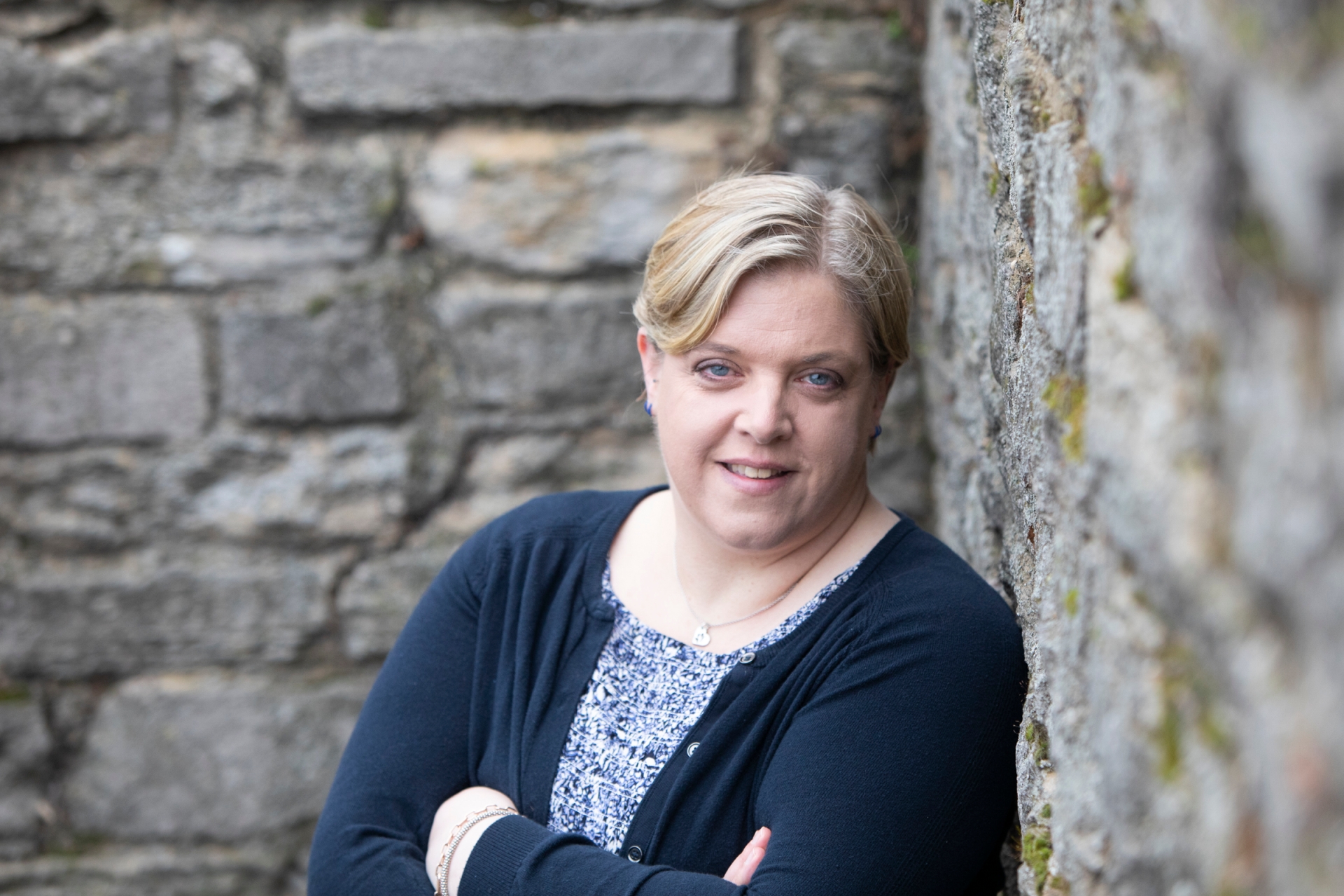

06:06AM, Saturday 27 September 2025

Healthcare assistants Tina and Sharon with Pauline, a patient at Thames Hospice
Donations left in wills are a vital source of funding that allows charities like Thames Hospice to continue to deliver their services.
The Advertiser has looked at how people choosing to ‘leave a legacy’ helps support hospice services, staff, and patients across the Thames Valley.
“Everyone should have a will,” said Lisa-Marie Keefe. “If you own property, have assets, or have children, a will is essential.”
Ms Keefe, a probate law specialist at Taplow-based Circe Law, has spent years guiding families through the practicalities of planning for the future.
Yet despite the importance of having a will in giving a person’s belongings security long after they are gone, more than half of UK adults do not have one.
Research carried out by the Money and Pensions Service in 2025, found that 56 per cent of people aged 18 and over had not made a will, nor had 53 per cent of those aged between 50 and 64.
The Money and Pensions Service, sponsored by the Department for Work and Pensions (DWP), provides free financial guidance to the public.

Lisa-Marie Keefe says having a will is 'essential'
Ms Keefe said: “It’s important because it gives a person [and their estate] order and it gives that satisfaction and peace of mind.
“Quite often we get clients come in and say, ‘Oh, it's something I haven’t wanted to deal with’ and ‘it’s something that's been on my list’.
“Then once they've done it, they say, ‘Oh, that's really easy. Why have I left it this long?’”
For many people, that legacy extends beyond family members to charitable causes.
“People do like to recognise charities in their wills,” Ms Keefe said. “Some people like to recognise a couple, not just one in particular; it might be two or three.
“It’s down to the individual whether they want to, what we call ‘leave a legacy.’”
There are also pragmatic benefits to leaving gifts to charity.
Ms Keefe said: “If you leave 10 per cent or more of your estate to charity, it can reduce the rate of inheritance tax from 40 per cent to 36 per cent.
“It’s Government-approved, and it benefits both the charity and the individual,” she added.
No matter the size, donations made in wills make an enormous difference to the charities receiving them.

Gifts in will make an enormous difference to charities like Thames Hospice (pictured: Jane Symmons)
Thames Hospice’s director of fundraising Jane Symmons said that these contributions were ‘absolutely vital’ to the organisation’s work.
“It’s one of our biggest single income streams,” she added.
Thames Hospice, a charity providing essential end-of-life care across the Thames Valley, supports thousands of patients and their families each year.
To deliver this care, it must raise nearly two-thirds of its annual running costs through retail and fundraising – supported by many hard-working volunteers.
And the importance of legacy gifts has grown in recent years, as rising costs have pushed the hospice’s annual operating budget to more than £20.5million. That works out to £39,000 a day.
Ms Symmons said: “The more secure we are, the more we can say, ‘right, we know what we’ve got to work with.
“We know what support we can offer – we know what services we can provide.’
This month, Thames Hospice has joined forces with 143 hospices across the UK for the This is Hospice Care campaign to raise awareness of the value of donations in wills.
One in five of the inpatient beds at the hospice’s base beside Bray Lake are funded annually through these gifts.
Figures from Hospice UK also show that donations left in wills fund approximately 6,000 hospice nurses nationally each year.

One in five inpatient beds at Thames Hospice is funded through gifts in wills
Three thousand people across the country would have missed out on that care in 2024, were it not for donations in wills, Hospice UK said.
These funds help sustain vital care that public funding alone cannot provide, from nursing staff to counselling and outpatient support.
“We do look after people at the end of their lives here,” Ms Symmons said. “But it’s also everything you wouldn’t expect.
“People don’t realise what a warm and happy place this is, how many good memories people have, the counselling we provide, the outpatient support…”
“There’s so much more that we do that people don’t realise.”
For some donors, leaving a gift in a will can be deeply personal. For others, It might be a chance to help give back to an important branch of care expected to face an increase in demand of more than 50 per cent by the end of the decade.
Ms Symmons said: “Some people choose to leave a gift just because they believe in the hospice movement, it’s important to them, or because they’ve had care here themselves.
“There are lots of reasons people do it, but for whatever the reason, they’re all good.
“It’s leaving your mark on the world after you’re gone. You’ve done something great, and it allows you to support other people.”
For more information, visit Thames Hospice’s website.
Most read
Top Articles
All train lines between London Paddington and Reading have closed while emergency services respond to an incident, National Rail has said.
Planned track closures are impacting trains to and from Maidenhead, Burnham and Taplow on the Elizabeth Line.
M4 drivers have been warned to expect delays after a multi-vehicle crash near Slough this afternoon (November 4).